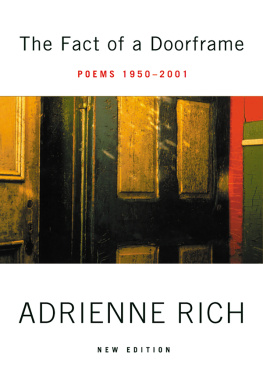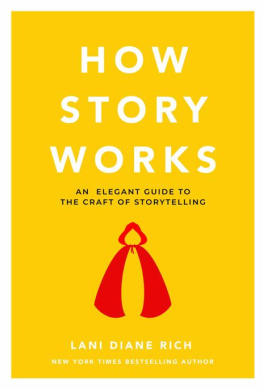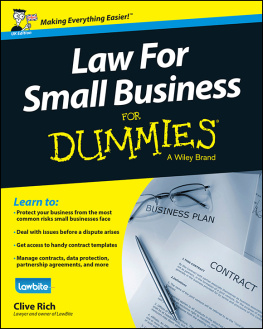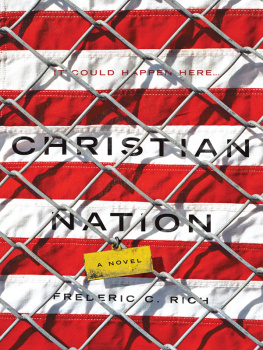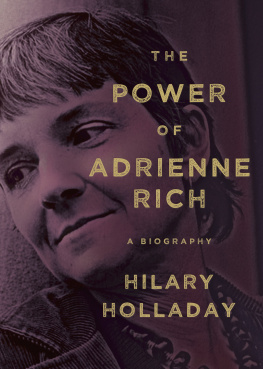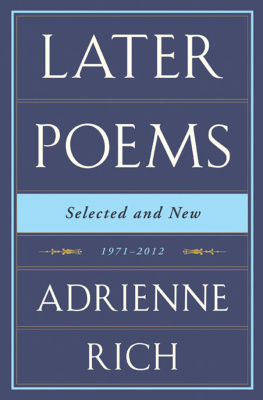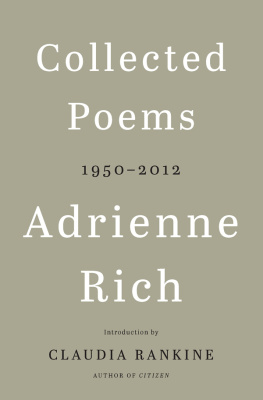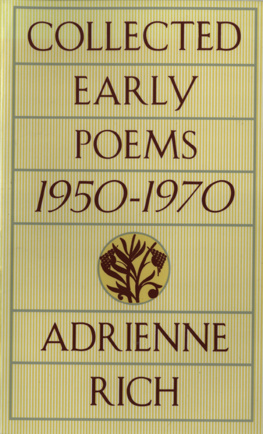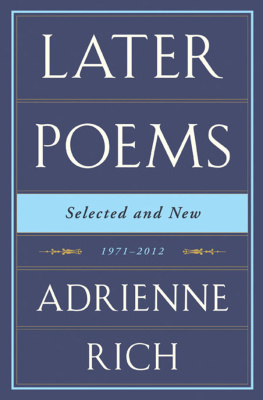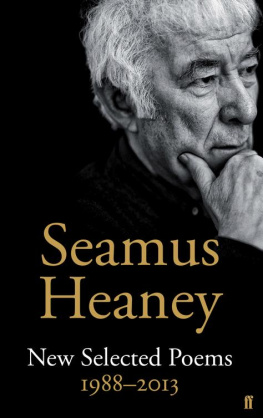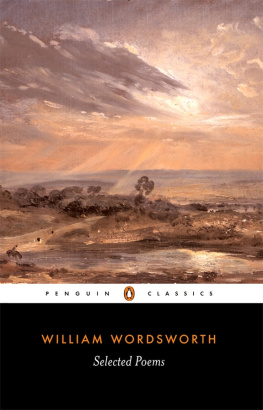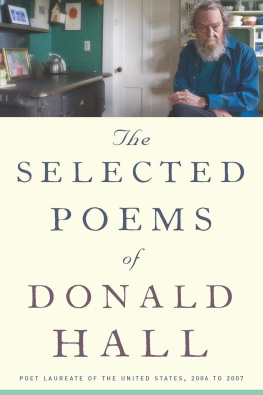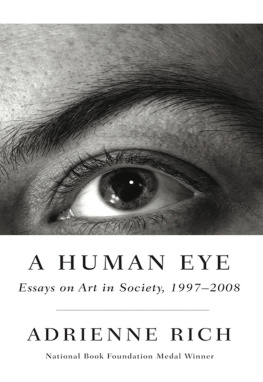Rich - The fact of a doorframe: selected poems, 1950-2001
Here you can read online Rich - The fact of a doorframe: selected poems, 1950-2001 full text of the book (entire story) in english for free. Download pdf and epub, get meaning, cover and reviews about this ebook. City: London;New York, year: 2015;2002, publisher: W. W. Norton & Company, genre: Detective and thriller. Description of the work, (preface) as well as reviews are available. Best literature library LitArk.com created for fans of good reading and offers a wide selection of genres:
Romance novel
Science fiction
Adventure
Detective
Science
History
Home and family
Prose
Art
Politics
Computer
Non-fiction
Religion
Business
Children
Humor
Choose a favorite category and find really read worthwhile books. Enjoy immersion in the world of imagination, feel the emotions of the characters or learn something new for yourself, make an fascinating discovery.
- Book:The fact of a doorframe: selected poems, 1950-2001
- Author:
- Publisher:W. W. Norton & Company
- Genre:
- Year:2015;2002
- City:London;New York
- Rating:3 / 5
- Favourites:Add to favourites
- Your mark:
- 60
- 1
- 2
- 3
- 4
- 5
The fact of a doorframe: selected poems, 1950-2001: summary, description and annotation
We offer to read an annotation, description, summary or preface (depends on what the author of the book "The fact of a doorframe: selected poems, 1950-2001" wrote himself). If you haven't found the necessary information about the book — write in the comments, we will try to find it.
Rich: author's other books
Who wrote The fact of a doorframe: selected poems, 1950-2001? Find out the surname, the name of the author of the book and a list of all author's works by series.
The fact of a doorframe: selected poems, 1950-2001 — read online for free the complete book (whole text) full work
Below is the text of the book, divided by pages. System saving the place of the last page read, allows you to conveniently read the book "The fact of a doorframe: selected poems, 1950-2001" online for free, without having to search again every time where you left off. Put a bookmark, and you can go to the page where you finished reading at any time.
Font size:
Interval:
Bookmark:
 BY ADRIENNE RICHFox: Poems 19982000Arts of the Possible: Essays and ConversationsMidnight Salvage: Poems 19951998Dark Fields of the Republic: Poems 19911995Collected Early Poems 19501970An Atlas of the Difficult World: Poems 19881991Times Power: Poems 19851988Blood, Bread, and Poetry: Selected Prose 19791985Your Native Land, Your Life: PoemsThe Fact of a Doorframe: Poems Selected and New 19501984SourcesA Wild Patience Has Taken Me This Far: Poems 19781981On Lies, Secrets, and Silence: Selected Prose 19661978The Dream of a Common Language: Poems 19741977Twenty-one Love PoemsOf Woman Born: Motherhood as Experience and InstitutionPoems: Selected and New, 19501974Diving into the Wreck: Poems 19711972The Will to ChangeLeafletsNecessities of LifeSnapshots of a Daughter-in-LawThe Diamond CuttersA Change of World ADRIENNE RICH The Fact of a
BY ADRIENNE RICHFox: Poems 19982000Arts of the Possible: Essays and ConversationsMidnight Salvage: Poems 19951998Dark Fields of the Republic: Poems 19911995Collected Early Poems 19501970An Atlas of the Difficult World: Poems 19881991Times Power: Poems 19851988Blood, Bread, and Poetry: Selected Prose 19791985Your Native Land, Your Life: PoemsThe Fact of a Doorframe: Poems Selected and New 19501984SourcesA Wild Patience Has Taken Me This Far: Poems 19781981On Lies, Secrets, and Silence: Selected Prose 19661978The Dream of a Common Language: Poems 19741977Twenty-one Love PoemsOf Woman Born: Motherhood as Experience and InstitutionPoems: Selected and New, 19501974Diving into the Wreck: Poems 19711972The Will to ChangeLeafletsNecessities of LifeSnapshots of a Daughter-in-LawThe Diamond CuttersA Change of World ADRIENNE RICH The Fact of a
Doorframe Selected Poems 19502001  Copyright 2002 by Adrienne Rich Copyright 2001, 1999, 1995, 1991, 1989, 1986, 1984, 1981, 1967, 1963, 1962, 1961, 1960, 1959, 1958, 1957, 1956, 1955, 1954, 1953, 1952, 1951 by Adrienne Rich Copyright 1978, 1975, 1973, 1971, 1969, 1966 by W. W. Norton & Company, Inc. All rights reserved For information about permission to reproduce selections from this book, write to Permissions, W. W. Norton & Company, Inc., 500 Fifth Avenue, New York, NY 10110 Composition by Julia Druskin
Copyright 2002 by Adrienne Rich Copyright 2001, 1999, 1995, 1991, 1989, 1986, 1984, 1981, 1967, 1963, 1962, 1961, 1960, 1959, 1958, 1957, 1956, 1955, 1954, 1953, 1952, 1951 by Adrienne Rich Copyright 1978, 1975, 1973, 1971, 1969, 1966 by W. W. Norton & Company, Inc. All rights reserved For information about permission to reproduce selections from this book, write to Permissions, W. W. Norton & Company, Inc., 500 Fifth Avenue, New York, NY 10110 Composition by Julia Druskin
Production manager: Amanda Morrison The Library of Congress has cataloged the printed edition as follows: Rich, Adrienne Cecile.
The fact of a doorframe : selected poems 19502001 / Adrienne Rich.
p. cm. Includes index. ISBN 0-393-32395-1 (pbk.)
I. Title. W. W.
Norton & Company, Inc., 500 Fifth Avenue, New York, N.Y. 10110
www.wwnorton.com W. W. Norton & Company Ltd., Castle House, 75/76 Wells Street, London W1T 3QT for my teacherspresent and gone Contents A poem may be written in the moment but it does its work in time. May be written in acute emotion yet drives toward precision, compression, the existential intentionality of art which is its way of discovering meaning. Made in and from the material of language, poetry is continually wrestling with its own medium.
The language of any poem is the language of a society and the poets relation to that society is implicitor nakedin the poem: in image and metaphor, in traditions invoked or contended against, urgency or relaxation of the breath, musics listened to, echoes of conversations overheard, the entire complex of choices made, along with the subterranean dimension in all art. These are some of the things you learn, as a poet, through practise and experienceworking on your own poems, reading and pondering other poems and poetries, plunging your hands deep into the social language into which you were born, and other social languages you go on to experience. In the title poem of this collection, written in 1974 (when earthquakes were still merely metaphorical to me) I spoke of poetry as hewn from the commonest living substance as a doorframe is hewn of wood. Later, I would define the true nature of poetry as the drive to connect. / The dream of a common language. As time went on, I was to realize that common in the sense of collectively owned, is only relative where language is concerned.
My given language was Anglo-American, threaded as it is with Africanisms, Creolisms, Spanish, Native American languages, each intimating a world and a history of its own. Language as material forcethis is something the student poet of A Change of World had not yet thought about, and twenty years later was impelled to reflect on in The Burning of Paper Instead of Children. I grasp for you, says the poet in The Fact of a Doorframe, speaking to poetry itself, as language. This is the oppressors language, she wrote in The Burning of Paper, yet I need it to talk to you. A typewriter in flames is the metaphor here. To work in a medium which can be, has been, used as an instrument of trivialization and deceit, not to mention colonization and humiliation, is somewhat different from working in a medium like stone, clay, paint, charcoal, even iron or steel.
A poet cannot refuse language, choose another medium. But the poet can re-fuse the language given to him or her, bend and torque it into an instrument for connection instead of dominance and apartheid: toward what Edouard Glissant has wonderfully called the poetics of relation. The anarchist poet Paul Goodman wrote of the gaunt and fumbling style of acting out of desperation. Poetry has need for this style, as well as for the luminosity of the lyrical phrase, the Whitmanic or Biblical measure of the ocean, impetuosity and wit, the dialogic phrasing of jazz, moments of delicacy on the edges of silenceand much else. What poetry does not need is conformity and complacency. My life has been enmeshed so long with poetry that I cannot, looking back at this collection of five decades, imagine how I would have survived without this doorframe, this work.
But it was first the poetry of others, in EnglishBlake, Keats, Longfellow, Robert Louis Stevenson, Swinburne, Oscar Wilde, the King James version of the Biblelistened to and read in childhood, that let me know the doorframe was there for me, that such a possibility existed. And there were the rhythms of everyday sayings and rhymes and narration, songs sung at the living-room piano, my parents Southern tonalities, African American talk, speeches on the radio during World War II. You can absorb all this and still not know what, literally, to make of it. Whatever I have come to make of it I owe to these early, certainly privileged beginnings and to my later awakening to the power and responsibilities of the artthrough the poems of my contemporaries, through friends, teachers, lovers, and students, through political movements, and of course through mistakes and accidental turnings. I want to thank my editor, Jill Bialosky, my literary agent, Frances Goldin, my lecture agent, Steven Barclay, all of whom, with their colleagues, have given my work extraordinary and skillful support. Adrienne Rich
March 2002 The glass has been falling all the afternoon, And knowing better than the instrument What winds are walking overhead, what zone Of gray unrest is moving across the land, I leave the book upon a pillowed chair And walk from window to closed window, watching Boughs strain against the sky And think again, as often when the air Moves inward toward a silent core of waiting, How with a single purpose time has traveled By secret currents of the undiscerned Into this polar realm.
Weather abroad And weather in the heart alike come on Regardless of prediction. Between foreseeing and averting change Lies all the mastery of elements Which clocks and weatherglasses cannot alter. Time in the hand is not control of time, Nor shattered fragments of an instrument A proof against the wind; the wind will rise, We can only close the shutters. I draw the curtains as the sky goes black And set a match to candles sheathed in glass Against the keyhole draught, the insistent whine Of weather through the unsealed aperture. This is our sole defense against the season; These are the things that we have learned to do Who live in troubled regions. Aunt Jennifers tigers prance across a screen, Bright topaz denizens of a world of green.
They do not fear the men beneath the tree; They pace in sleek chivalric certainty. Aunt Jennifers fingers fluttering through her wool Find even the ivory needle hard to pull. The massive weight of Uncles wedding band Sits heavily upon Aunt Jennifers hand. When Aunt is dead, her terrified hands will lie Still ringed with ordeals she was mastered by. The tigers in the panel that she made Will go on prancing, proud and unafraid. What has happened here will do To bite the living world in two, Half for me and half for you.
Next pageFont size:
Interval:
Bookmark:
Similar books «The fact of a doorframe: selected poems, 1950-2001»
Look at similar books to The fact of a doorframe: selected poems, 1950-2001. We have selected literature similar in name and meaning in the hope of providing readers with more options to find new, interesting, not yet read works.
Discussion, reviews of the book The fact of a doorframe: selected poems, 1950-2001 and just readers' own opinions. Leave your comments, write what you think about the work, its meaning or the main characters. Specify what exactly you liked and what you didn't like, and why you think so.

